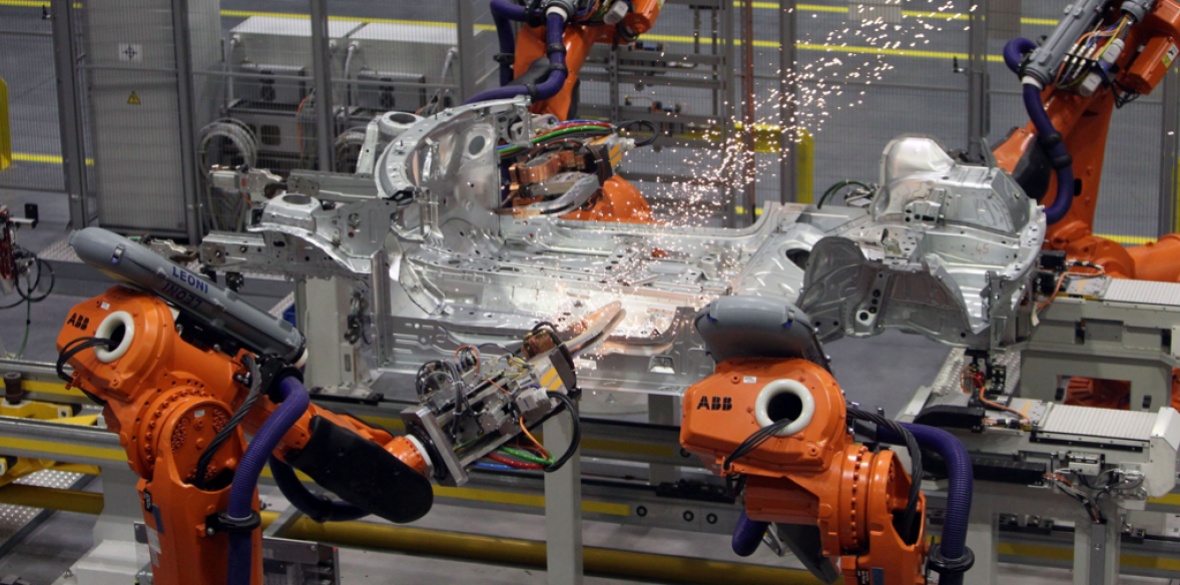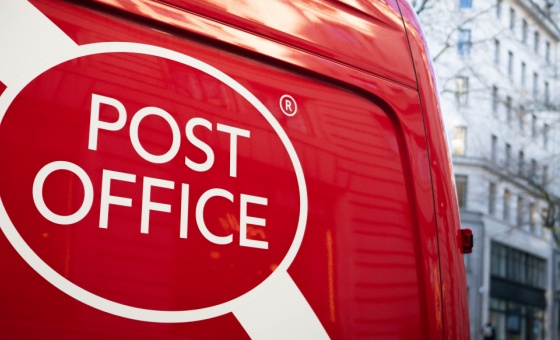This is the last article you can read this month
You can read more article this month
You can read more articles this month
Sorry your limit is up for this month
Reset on:
Please help support the Morning Star by subscribing here
THE march of the robots could threaten 20 per cent of jobs in Britain’s cities, with most of the brunt being borne by northern England and the Midlands, a new report warns today.
The alarming estimate of the effect of automation on employment comes from independent think-tank the Centre for Cities, which works with local authorities, business and the government to “understand and improve” the economic performance of Britain’s urban areas.
Retail workers’ union Usdaw said that employers are already cashing in on the replacement of humans with machines at supermarkets across the country, with automated check-outs rapidly replacing till operators.
The Centre for Cities report confirmed that retail, customer service and warehouse jobs are under the greatest threat.
The think-tank said already struggling cities in the north and Midlands were more vulnerable to job losses than wealthier cities in the south because of a predominance of low-skilled, easily automated occupations.
Cities, including Mansfield, Sunderland and Wakefield, could see two out of five jobs lost, while Oxford and Cambridge face losing 13 per cent, the study found.
Centre for Cities chief executive Andrew Carter warned that there was “a real risk that many people and places will lose out.”
Usdaw said that no machine could ever match the “first-class customer service and assistance” that human beings can provide.
The union pointed out that the introduction of robotics has a severe downside, including an increase in shoplifting, which is now estimated to cost businesses £3.2 billion a year.
Union spokesman Dave Williams told the Star: “These innovations don’t suit every shopper and we know that many customers really value the one-to-one personal interaction they receive at staffed tills.
“There have been various pieces of research that show quite often it’s quicker to go through a staffed checkout and that supermarket queues have lengthened since self-service tills were introduced.
“Also, recent reports suggest that there is significant customer theft through the use of self-service tills amounting to £3.2 billion a year with around one in four customers admitting to stealing an item while using self-scan checkouts.”
He said retailers “should think very carefully about the knock-on impact to their business of reducing staffing levels” through the introduction of new technology.











